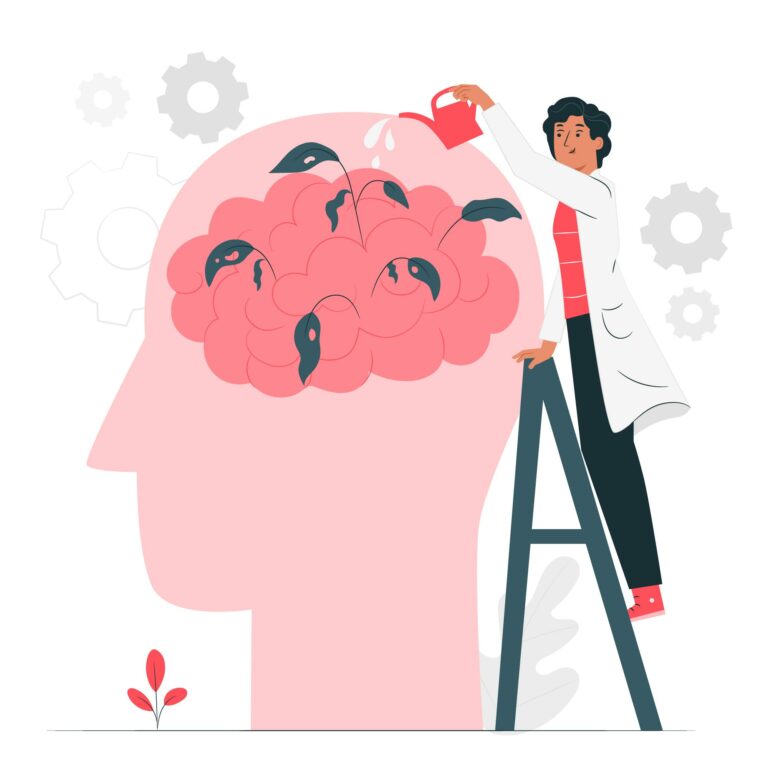How AI Software Is Revolutionizing Healthcare
Artificial intelligence has the potential to revolutionize healthcare by transforming the way we prevent, diagnose, and treat diseases. From improving patient outcomes to reducing healthcare costs, AI-powered software is being used in a variety of ways to make healthcare more efficient, effective, and accessible. In this article, we will explore how AI-powered software is revolutionizing healthcare and the benefits it brings to patients and healthcare providers alike.
Improving Diagnostics
One of the most significant ways in which AI is transforming healthcare is by improving diagnostics. AI algorithms are capable of analyzing large amounts of medical data, including images, medical records, and genetic information, and identifying patterns and anomalies that human physicians may miss. This can lead to earlier detection of diseases, more accurate diagnoses, and better treatment outcomes.
For example, AI-powered software has been shown to be highly effective in diagnosing breast cancer. In a study published in the journal Nature, researchers developed an AI algorithm that was able to accurately diagnose breast cancer in mammograms with an accuracy rate of 94.5%. This is significantly higher than the accuracy rate of human radiologists, who have an average accuracy rate of 80%.
Reducing Medical Errors
Medical errors are a significant problem in healthcare, resulting in adverse patient outcomes and increased healthcare costs. AI-powered software has the potential to reduce medical errors by providing healthcare providers with real-time insights and decision-making support.
For example, AI algorithms can analyze patient data in real-time and identify potential drug interactions, alerting healthcare providers to potential risks before they occur. This can lead to better patient outcomes and reduced healthcare costs by preventing costly hospital readmissions and other adverse events.
Streamlining Administrative Tasks
Another way in which AI-powered software is transforming healthcare is by streamlining administrative tasks. Healthcare providers spend a significant amount of time on administrative tasks, such as patient record-keeping, scheduling appointments, and billing. AI-powered software can automate these tasks, freeing up healthcare providers to focus on patient care.
For example, AI-powered chatbots can be used to schedule appointments and answer basic patient questions, reducing the workload on administrative staff. Similarly, AI-powered billing software can automate the billing process, reducing errors and speeding up the payment process.
Enabling Personalized Medicine
Personalized medicine is an approach to healthcare that takes into account individual patient characteristics, such as genetics, lifestyle, and environment, to develop personalized treatment plans. AI-powered software is playing a critical role in enabling personalized medicine by analyzing large amounts of patient data to identify patterns and develop personalized treatment plans.
For example, AI algorithms can analyze a patient’s genetic data to identify genetic mutations that may be linked to certain diseases. This information can be used to develop personalized treatment plans that target these mutations, leading to more effective treatments and better patient outcomes.
Improving Patient Outcomes
Ultimately, the goal of healthcare is to improve patient outcomes. AI-powered software is playing a critical role in achieving this goal by enabling more accurate diagnoses, reducing medical errors, and enabling personalized treatment plans. This can lead to improved patient outcomes, such as better disease management, reduced hospital readmissions, and longer life expectancy.
For example, a study published in the journal Nature found that an AI algorithm was able to predict patient mortality with an accuracy rate of 90%, significantly higher than the accuracy rate of traditional methods. This information can be used to identify high-risk patients and develop personalized treatment plans that improve patient outcomes.
Supporting Drug Development
Another area where AI is revolutionizing healthcare is in drug development. Developing a new drug is a long and expensive process that can take years, if not decades. AI is helping to speed up this process by identifying potential drug targets and predicting how a drug will interact with the human body.
One example of this is Atomwise, a company that uses AI to identify potential drug targets. Using machine learning algorithms, Atomwise can analyze vast amounts of data to identify molecules that have the potential to bind to a specific protein target. This approach has already led to the discovery of new drug candidates for diseases such as Ebola and multiple sclerosis.
Allwing Patient Monitoring
Finally, AI is also being used to monitor patients and identify potential health problems before they become serious. Wearable devices and other sensors can collect data on a patient’s vital signs, activity levels, and other health indicators. AI algorithms can then analyze this data in real-time, identifying patterns and trends that may indicate a potential health problem.
For example, a wearable device that monitors a patient’s heart rate and blood pressure can alert healthcare professionals if the patient’s readings are outside of a normal range. This can help doctors and nurses intervene before a serious health problem develops.
Challenges and Limitations
Despite the many benefits of AI-powered software in healthcare, there are also significant challenges and limitations that must be addressed. One of the most significant challenges is the need for large amounts of high-quality data to train AI algorithms. Without access to high-quality data, AI algorithms may produce inaccurate results or biased outcomes.
Another limitation is the need for technical expertise in the development and maintenance of AI-powered systems. There is a shortage of skilled professionals who can develop, test, and implement these systems in the healthcare industry. This has led to a high cost of AI-powered systems, which makes them inaccessible to many healthcare organizations.
Additionally, there are concerns about the ethical implications of using AI in healthcare. For example, who is responsible for the decisions made by AI algorithms? What happens if an AI-powered system produces inaccurate results that lead to harm? There is a need for clear guidelines and regulations to ensure that AI-powered systems are developed and used ethically.
Privacy and security are also major concerns when it comes to the use of AI-powered software in healthcare. Medical data is highly sensitive and must be protected from unauthorized access. AI systems must be designed with robust security features to prevent data breaches and ensure patient confidentiality.
Finally, there is the risk of overreliance on AI-powered systems. While these systems can provide valuable insights and support decision-making, they should not replace human judgment and expertise entirely. Healthcare professionals must continue to be trained and educated on the use of AI-powered systems to ensure that they are used effectively and appropriately.
Conclusion
AI-powered software is revolutionizing healthcare in a variety of ways, from improving medical imaging and diagnosis to speeding up drug development and enabling personalized treatment plans. As AI technology continues to advance, it has the potential to transform healthcare in ways we can’t yet imagine. However, it’s important to remember that AI is not a replacement for healthcare professionals. Rather, it is a tool that can help healthcare professionals provide better care to their patients. By working together, humans and AI can create a brighter future for healthcare.



